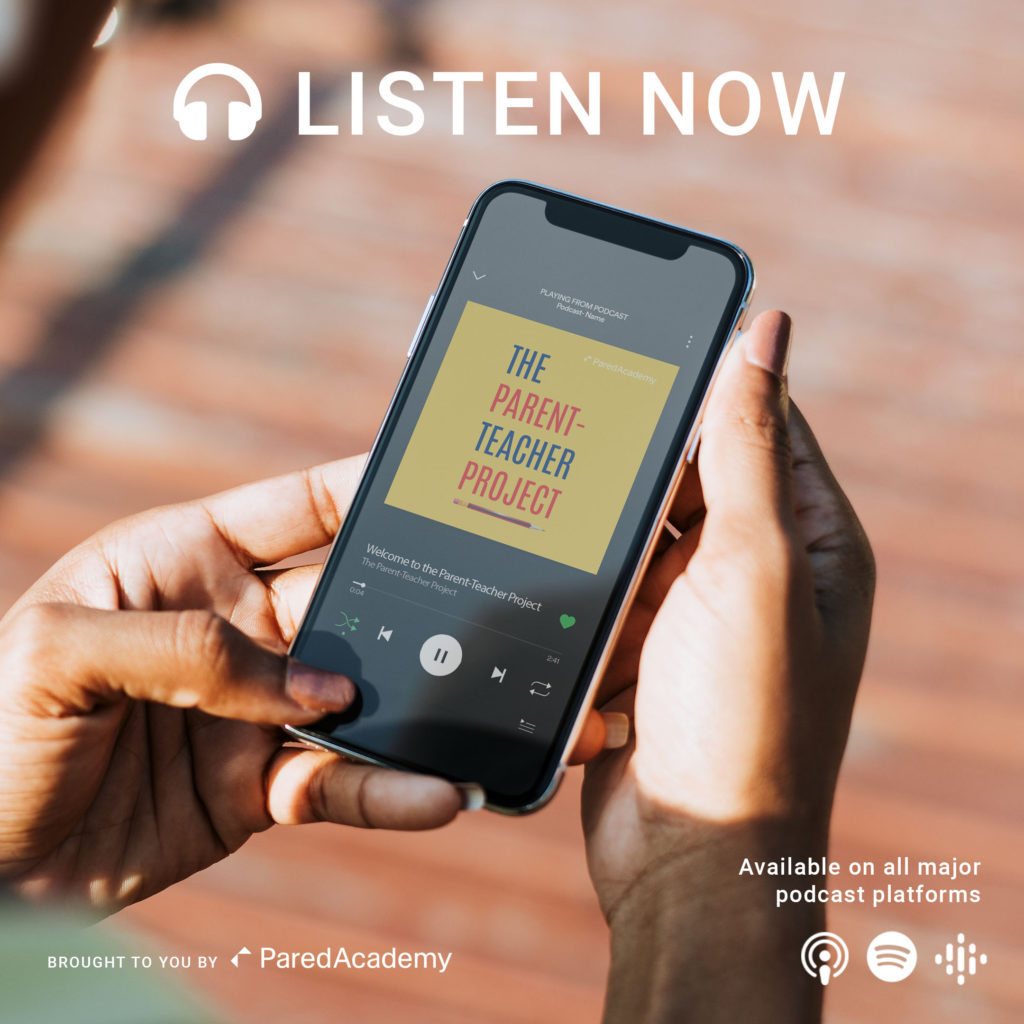Photo by Elmer Cañas on Unsplash
If you’re umm-ing and ahh-ing about whether or not to sign your child up for a musical instrument, read on for some reasons to consider it. The benefits of learning an instrument span from academic, social, home-life and virtue.
1. They Will Enter The State Of Flow
What is the state of flow you ask? The state of flow occurs when you are in the zone! When we enter the state of flow, we lose all sense of time and find ourselves effortlessly working towards a goal. If something becomes too easy, we become bored. If a task becomes too difficult, we become agitated. It’s when a task’s difficulty is a bit harder than our ability, we enter the state of flow. This isn’t only applicable to music, you can achieve a state of flow with anything you do in life if you participate in projects that challenge you to stretch yourself in a realistic way.
You may have noticed your child spends hours and hours playing online games. More likely than not, your child is in the state of flow. This is because online gaming is very competitive, and gamers will always find players that can edge them on. Flow states are fantastic, but it’s a good idea to supervise them, so that your child doesn’t suddenly find themselves behind in their studies.
“Flow states are a wonderful thing. If you never get to have a flow state in your life, things can be very tedious, boring, and dry.” — Nathan Frazer
2. It Helps Build Discipline
Learning an instrument is not easy. It never has been, and it likely never will be. Many advertisements throughout social media will try and sell to you that, “Learning guitar is easy with this app”. But like anything you learn for the first time, it takes time, energy, and a whole lot of discipline! Learning an instrument from an early age will help your child understand that good things in life don’t come easily! To have and develop talents, you must work hard and exercise discipline.
“Learning an instrument, you look at developing your fine motor skills. That needs a lot of work, training, dedication, and kids need to obviously be prepared to put in that time to develop those skills,” — Frank Romeo
3. It Sparks Creativity
Creative individuals think freely, they are always looking for a unique way of doing things. When you are truly creative, you believe anything is possible. This is a great mentality to instil in our young ones. When a child is learning an instrument, they are using both sides of the brain, at the same time, to complete that task.
“So basically, doing musical activities, that creative side of the brain is working just as hard as that language side of the brain. And, yeah, it becomes an obviously, it’s a highly creative skill. And you’re learning music, allows for more creativity to be explored.” — Frank Romeo
4. It Provides Joy to Others
When you learn an instrument, you don’t just learn songs for yourself. It can be an emotional outlet for others too. Through music, children will learn to think of others.
“You know, when we learn an instrument, we’ve got something to be able to go to in times of need or in times when things aren’t quite going right. We also learn an instrument just to be able to give other people some joy.” — Frank Romeo
This article was inspired by episode #19 Of The Parent-Teacher Project entitled Embracing Music With Our Children with Frank Romeo and Nathan Frazer.
Listen to the entire episode below.
Don’t forget to leave us a review on Apple Podcasts!
Latest Stories from Pared Academy
Helping Children Navigate Emotions Starts With Us
In today’s fast-paced and highly connected world, our children are experiencing more emotions—and more intensely—than ever before. Whether it’s frustration over a lost toy, anxiety about school, or the social pressures of growing up, kids often feel these emotions deeply but struggle to express them in a healthy way.
130 Fathers Gather for a Powerful Day of Reflection at Growing Hearts for Fathers Event
Last Sunday, 130 fathers came together for a day of reflection, renewal, and connection at the Growing Hearts for Fathers event. Held at Redfield College, this unique gathering provided dads with a much-needed opportunity to step away from daily pressures and focus on the heart of their fatherhood journey.
Shaping Character in the Classroom: How Educators Inspire Students to Grow
In today’s fast-paced world, education is not just about academics; it’s about shaping the character of the next generation. Teachers play a crucial role in fostering virtues such as honesty, resilience, and respect. Katrina Alvir, an experienced teacher and expert in character education, shares valuable insights on how educators can integrate these essential qualities into daily teaching practices.









